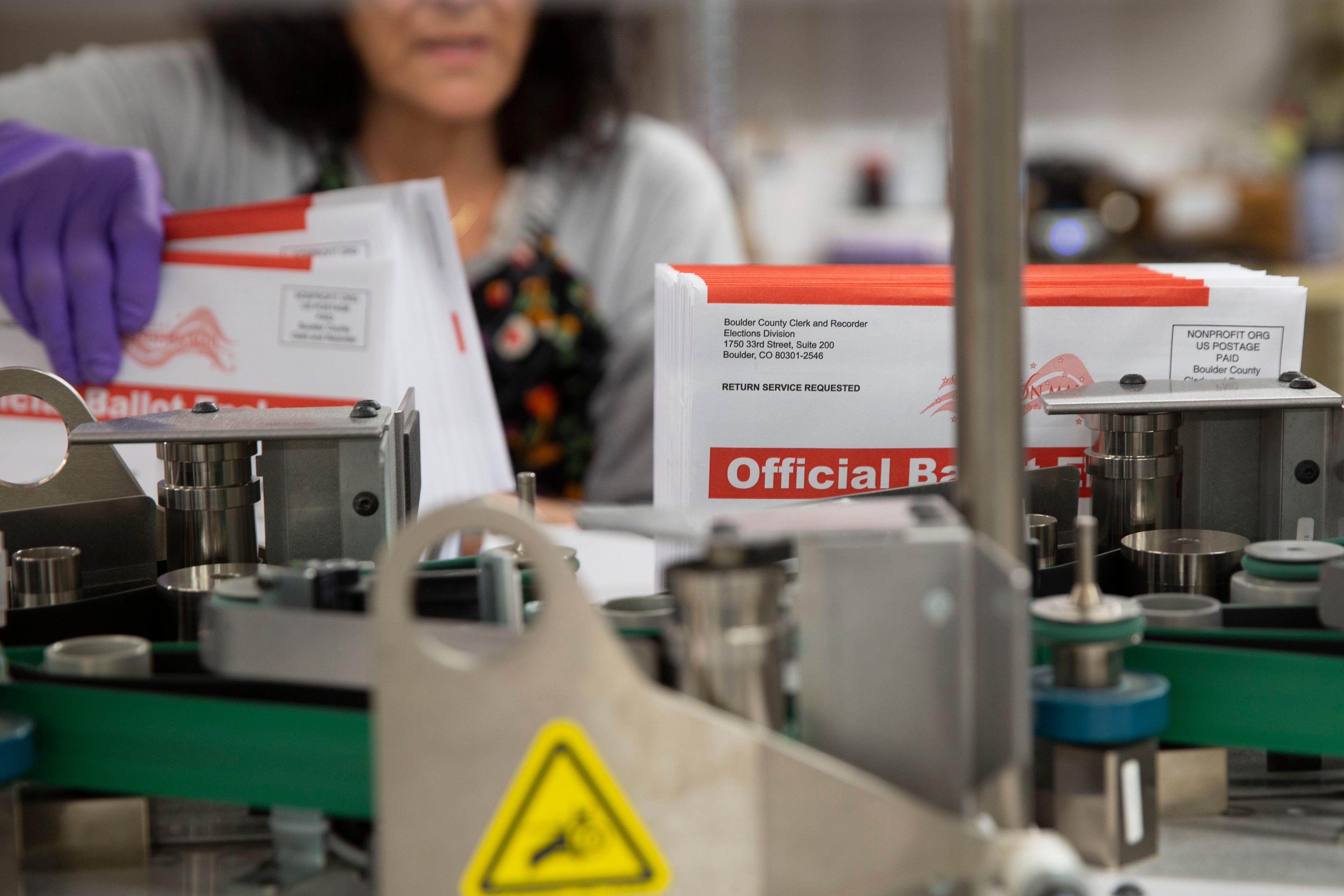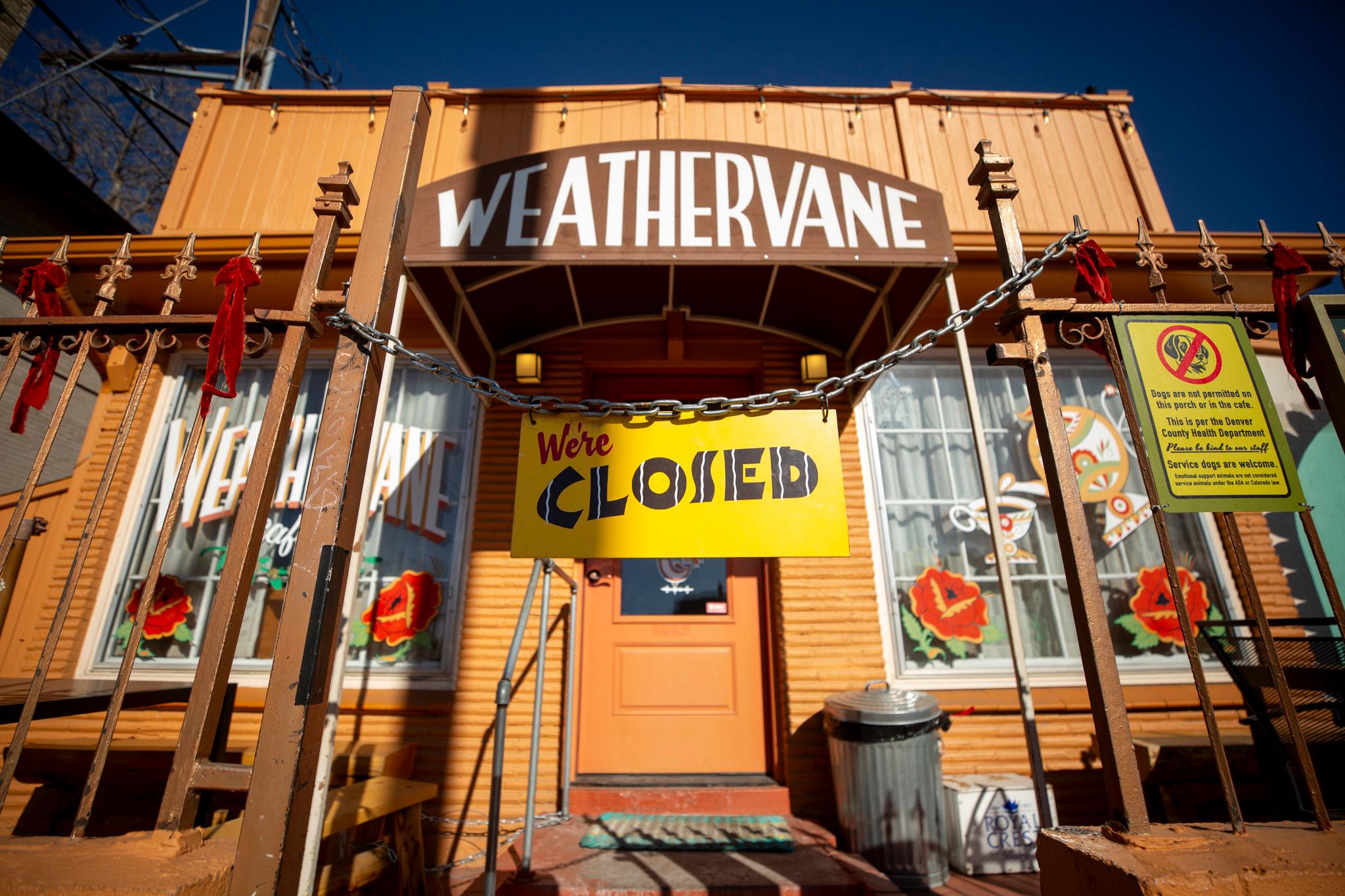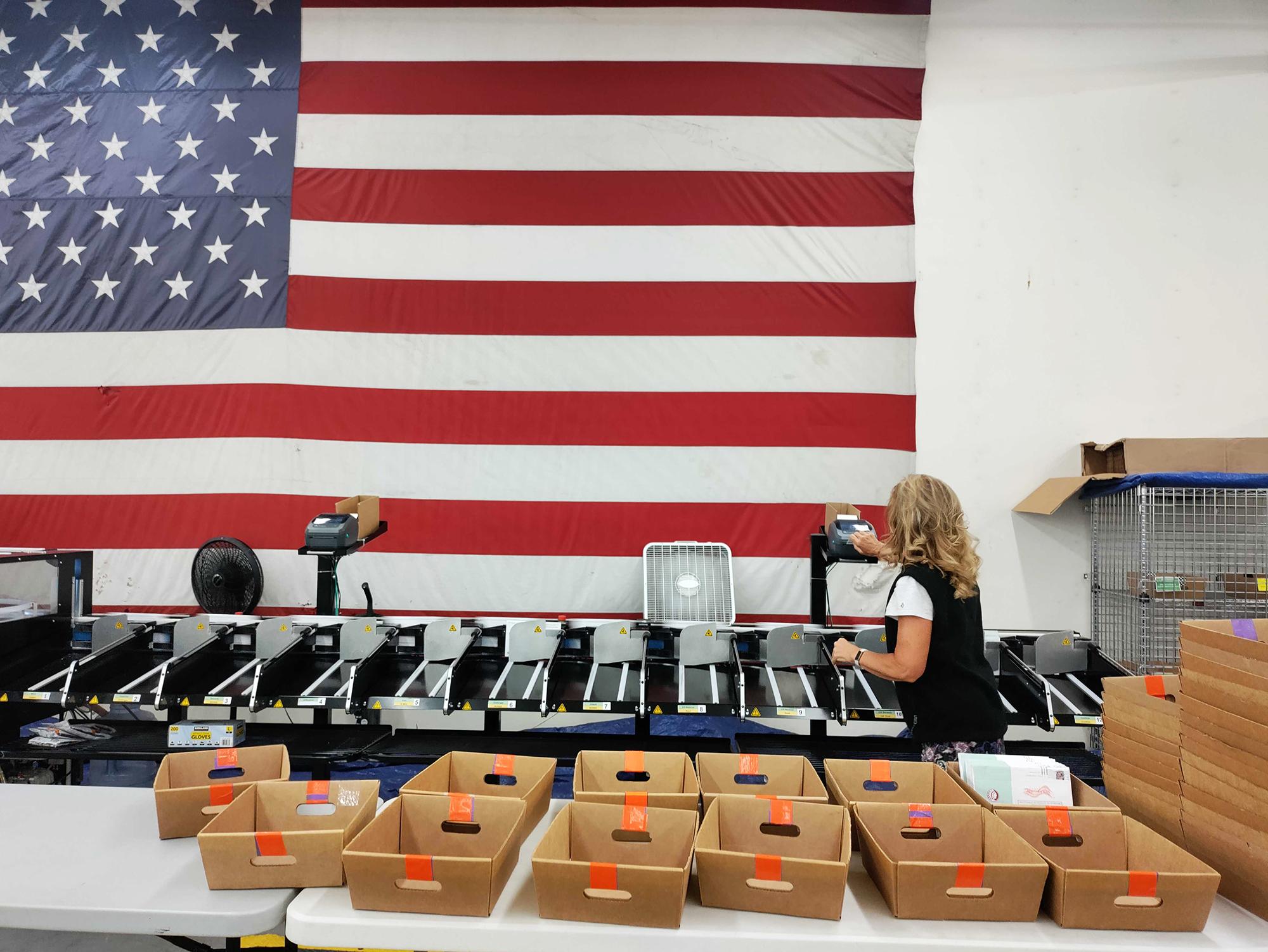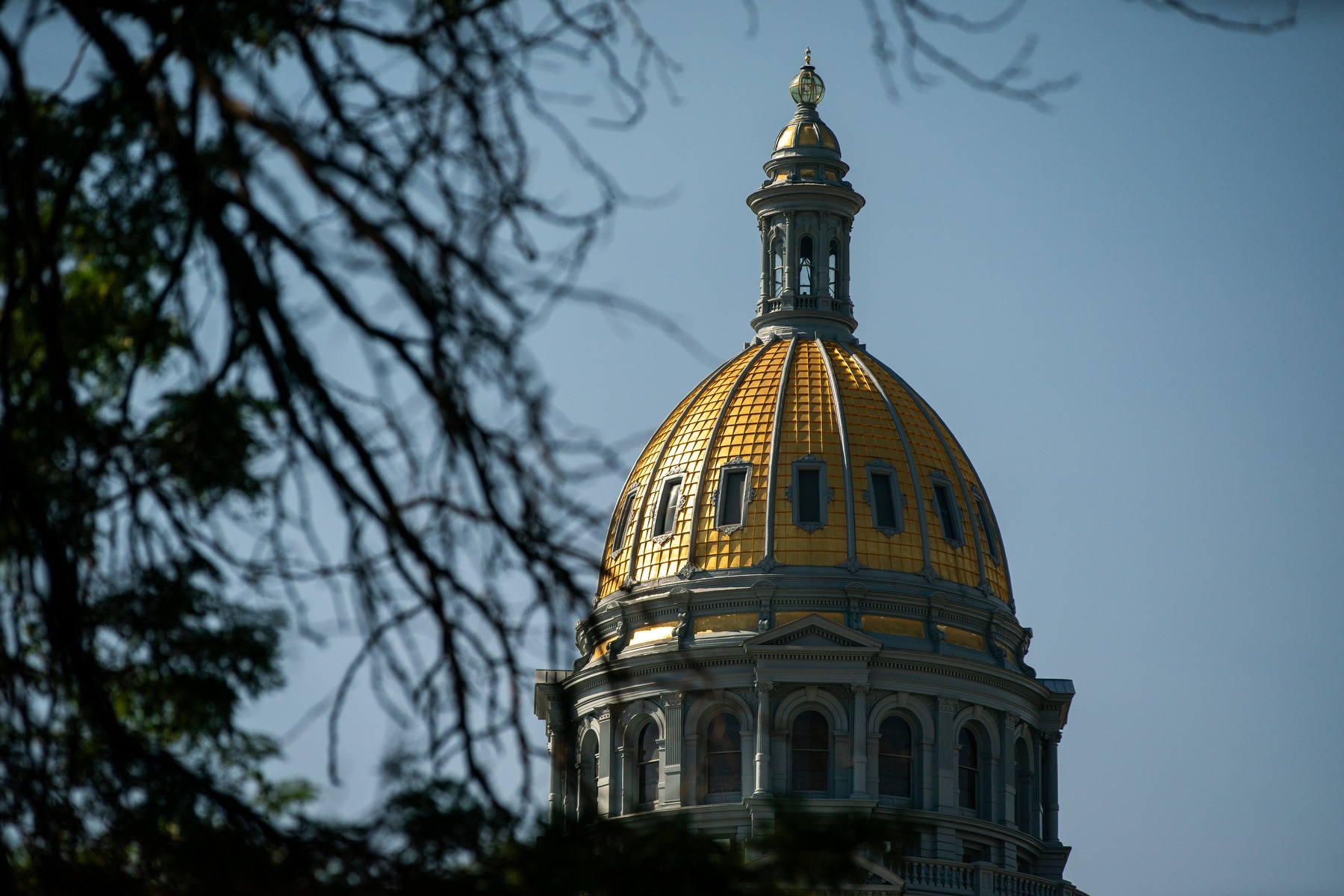

Charley Olena, advocacy director for New Era Colorado, has a grudge with the state of Minnesota.
Her organization works to register and turn out young voters in Colorado. In the last midterms, voting became the hottest new millennial trend, briefly threatening to overtake house plants and avocado toast.
About 41 percent of Colorado 18- to 29-year-olds voted in 2018 — a 13 percent increase over the previous midterm according to a study by Tufts University. The number put Colorado second for youth turnout among the 34 states with available data — but Minnesota claimed the top spot.
Now, Olena is counting on election bills under debate at the Colorado Capitol to knock the North Star State from its pedestal.
“We’re still not the best in the nation and these reforms will help us get there,” she said.
The most comprehensive bill aimed at increased youth turnout is an update to the state's election laws, known as the Colorado Votes Act. The legislation would extend voting hours and add mail-ballot drop boxes. It also adds in-person polling centers on college campuses. It would also let 17-year-olds vote in caucuses and primaries if they turn 18 before the general election.
Colorado is already a model for election administration. In 2013, lawmakers passed a sweeping modernization bill, which is why every Colorado voter gets a mail-in ballot and can register to vote on Election Day.
Over time, those changes have won the support of left-leaning voter advocacy groups, like New Era, and county clerks, who are the boots on the ground for Colorado’s election system. However, the current plan to update election law has sparked some tension.
At the bill’s first committee hearing, Eagle County Clerk Regina O’Brien said the original version of the bill would have required a new polling station at a local community college when her county already has three more polling centers than required by law.
“There are nuances to each county,” she said. “Unfunded requirements based on unclear data without reasonable flexibility create inefficiencies for counties during a time — elections — when we need to be on point.”
Other clerks objected to the cost of the additional voting locations and longer voting hours. Under the original proposal, the counties would have had to spend $6 million to meet the requirements
Rep. Susan Lontine, a Denver Democrat and sponsor of the bill, later offered a long series of amendments in response. The changes give counties more flexibility when it comes to adding campus polling centers. The amendments also slashed the price of the bill to about $2 million, and the funding comes from the state rather than the counties.
The changes have cooled much of the outcry from clerks, according to Lontine. She said the bill still preserves a key goal: expanding in-person voting in Colorado near Election Day to deal with long lines. While almost all Coloradans vote by mail, Lontine said it’s generally young, first-time and minority voters who wait until the final days to vote in person.
“These are people we want to encourage to be regular voters,” she said. “And once you’re in the system you get a mail-in ballot.”
The legislation still faced objections from Republicans who took issue with its ban on using police stations as polling locations. Counties can still ask for an exemption, but Republicans stalled Monday's debate on the bill by asking for it to be read at length.
In the end, the bill passed the lower chamber with some Democrats joining Republicans in opposition. It now moves to the state Senate.
Lizzy Stephan, executive director for New Era, said the many amendments have strengthened the bill and broadened its support as it moves forward.
“We’re thrilled the Colorado Votes Act contains so many reforms that will improve the election system for all Coloradans, especially young voters,” Stephan said. “We’re so proud that Colorado is once again increasing access to the ballot while other states are moving in the opposite direction.
However, Republicans have pointed out that this bill and other election measures aim to help blocs that tend to vote for Democrats.
That argument has been part of the debate over another measure, which would rework Colorado’s automatic voter registration program. Under the current system, eligible voters are asked at Division of Motor Vehicle offices whether the state can update their voter information. The proposed plan would instead send electors a postcard after they get a driver’s license, asking them if they’d like to opt out or affiliate with a party.
If they don’t return their card after 20 days, the state updates their voter information anyway. The plan would also expand the program to state Medicaid offices.
Republican State Sen. Jerry Sonnenberg suspects Democrats might actually be working to improve their own electoral odds.
“The proponents say they want to register everybody when really they only want to register certain groups of people,” he said, referring to Medicaid and DMV users.
Advocates say these changes will help bring the election system in line with how the next generation expects to vote.
“Lots of young people already think this is how the system works,” said Olena with New Era. “The bill will make sure we have better addresses, more accurate voter files for everybody in the state — and young people will benefit.”









